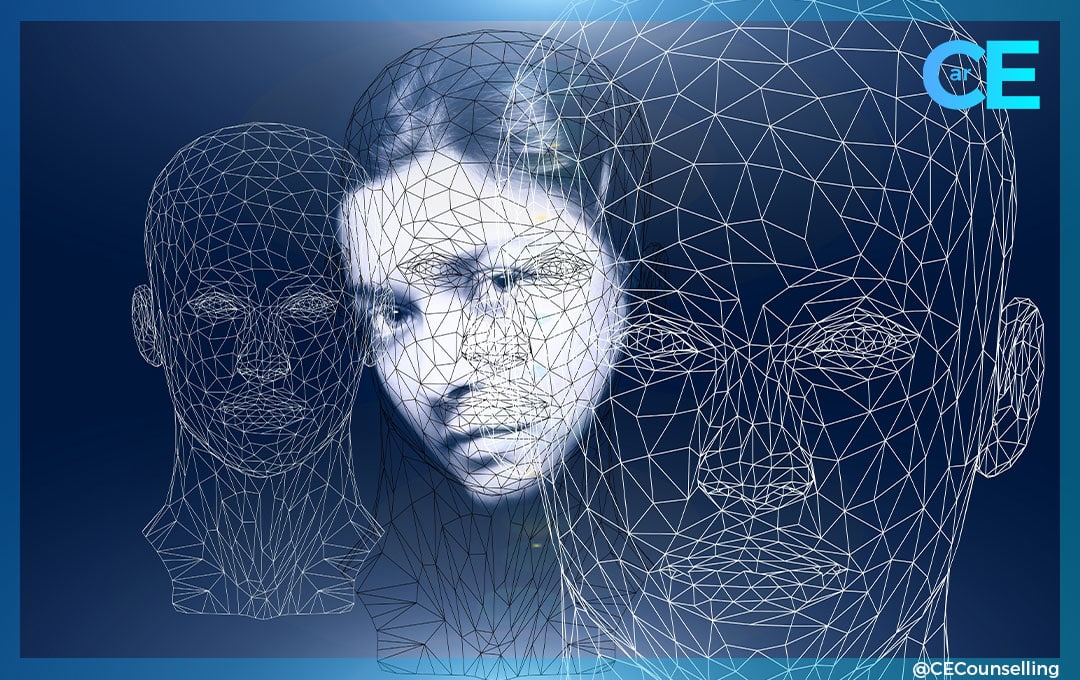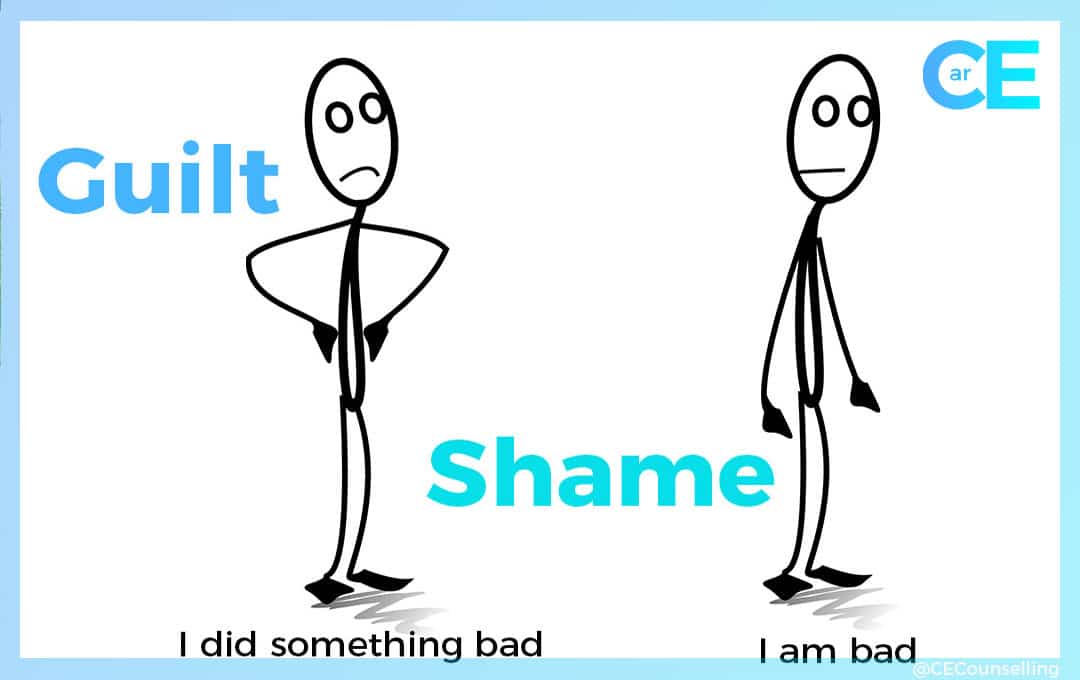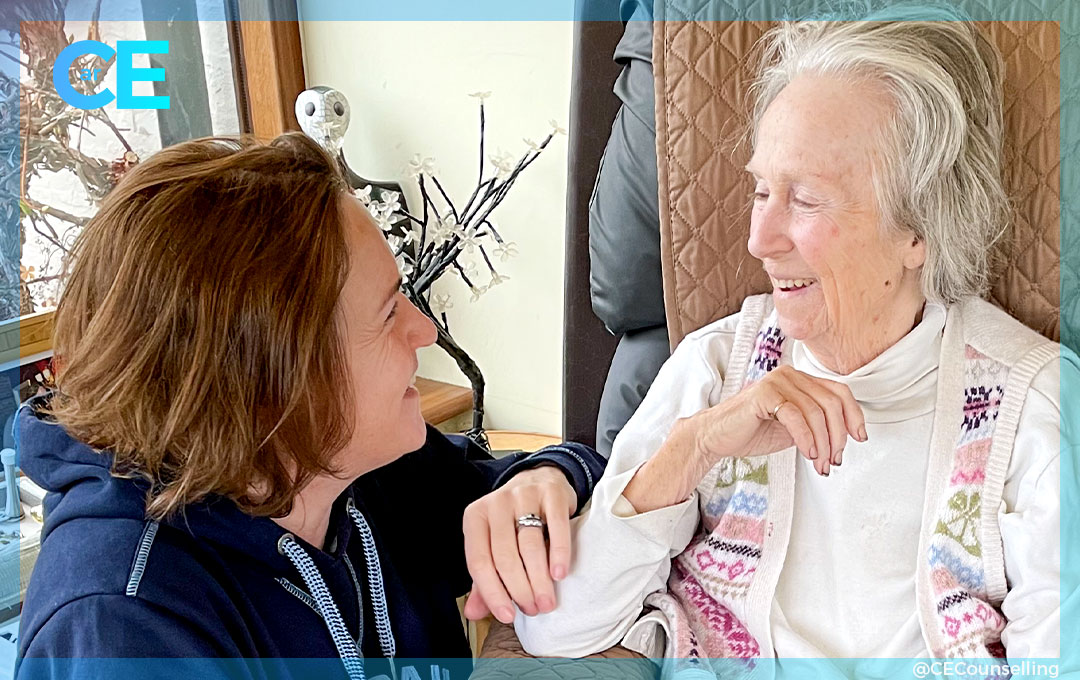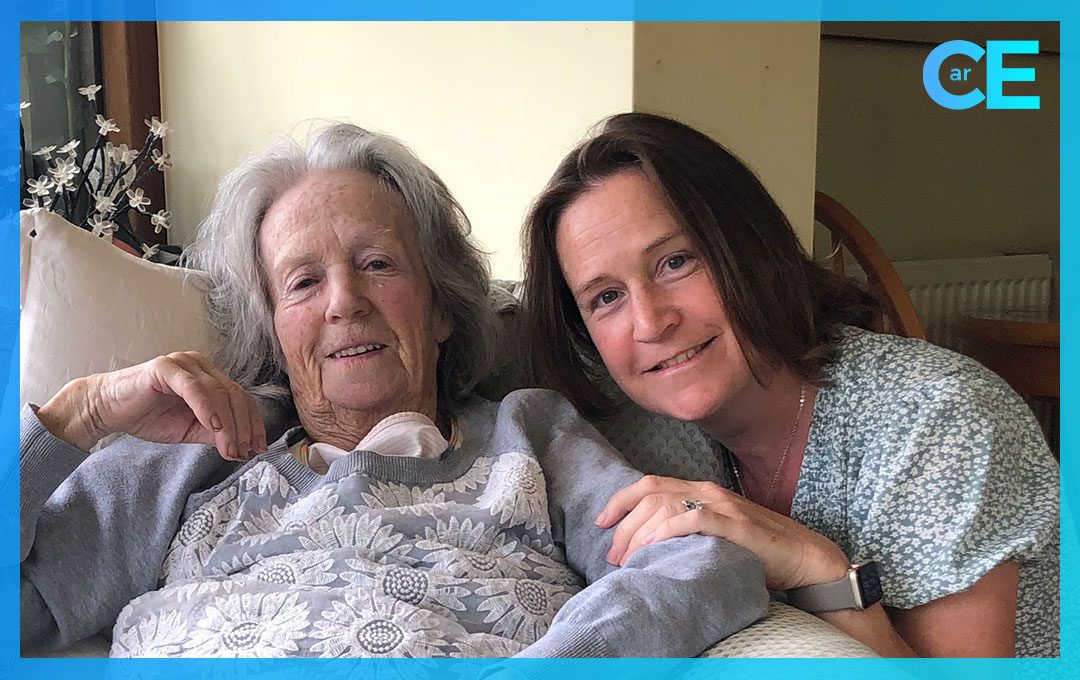How to stay focused with adult ADHD
Staying focused with adult ADHD (Attention Deficit Hyperactivity Disorder) can be challenging, but there are strategies and techniques that can help you manage your symptoms and improve your ability to concentrate. However, it is important to remember that what works for one person may not work for another, so you may need to experiment with different strategies to find what works best for you.
ADHD staying Focused Tips
Here are some tips to help you stay focused with adult ADHD:
- Seek Professional Help: First and foremost, consider working with a healthcare professional, such as a psychiatrist or therapist, who specialises in ADHD. They can provide you with a proper diagnosis, treatment options (which may include medication) and guidance on managing your symptoms.
- Medication: ADHD medications, such as stimulants or non-stimulants, can be highly effective in improving focus and concentration. Consult with a healthcare professional to determine if medication is a suitable option for you.
- Create a Structured Routine: Establishing a daily routine can help you stay on track and minimize distractions. Set specific times for work, meals, exercise and relaxation and stick to this schedule as closely as possible.
- Use Task Lists and Planners: Write down your tasks and prioritise them. Breaking tasks into smaller, manageable steps can make them feel less overwhelming. Digital or physical planners, to-do lists and calendar apps can help you keep track of your responsibilities.
- Eliminate Distractions: Identify common distractions in your environment and take steps to minimize them. This may include turning off notifications on your phone, using website blockers or creating a dedicated workspace that is free from distractions.
- Time Management Techniques: Techniques like the Pomodoro Technique (working in short, focused bursts with breaks in between) or time blocking can be helpful in managing your time effectively.
- Set Clear Goals: Define clear and achievable goals for your tasks. Knowing the purpose and expected outcome of a task can help you stay motivated and focused.
- Stay Organized: Keep your physical and digital spaces organized. Use labels, folders, and color-coding to make it easier to find what you need and reduce clutter.
- Practice Mindfulness: Mindfulness meditation and deep breathing exercises can improve your ability to stay present and focused. Regular practice can also help manage stress, which can exacerbate ADHD symptoms.
- Exercise and Diet: Regular physical activity and a balanced diet can have a positive impact on your overall well-being and focus. Aim for regular exercise and consider consulting a nutritionist for dietary guidance.
- Sleep: Prioritise good sleep hygiene to ensure you are well rested. A consistent sleep schedule and a comfortable sleep environment can make a big difference in your ability to focus.
- Seek Support: Share your challenges and goals with friends, family members or a support group. They can offer encouragement, accountability and understanding.
- Learn About ADHD: Educate yourself about ADHD to better understand your condition. Knowledge about your symptoms and how they affect you can empower you to make informed choices and develop effective strategies.
Be Kind to yourself
Remember that managing adult ADHD is an ongoing process and it is okay to seek help and make changes as you need them. Be kind and patient with yourself and celebrate all your successes big and small. With the right techniques, strategies and support, you can improve your ability to stay focused with your adult ADHD mind.
Additional Support
There is a lot of support out there. In my opinion this podcast by Huberman is really interesting – ADHD & How Anyone Can Improve Their Focus | Huberman Lab Podcast #37
Other support:
- The UK ADHD Partnership – https://www.ukadhd.com/
- ADHD UK is by people with ADHD for people with ADHD – https://adhduk.co.uk/
For individual support I am here for you. Contact me to book an initial session and I will support you.
Written by your local counsellor in Fleet, Caroline at Caroline Ellison Counselling – this is my experience and these are my opinions. Carpe Diem.










